The highly respected and very familiar Hillary Clinton is the overwhelming favorite U.S. presidential candidate among citizens of the Gulf Arab states. There is a widespread feeling in the Gulf that Clinton understands and genuinely appreciates the notion that the Gulf Cooperation Council states are too important to alienate, because of their role as the world’s primary oil suppliers and their commitment to fight terrorism and maintain regional stability.
In contrast, hardly anyone in the Gulf thinks that the unpredictable and largely unknown candidate Donald Trump is remotely familiar with or genuinely committed to the security needs of U.S. partners in the Gulf. Anybody but Trump is the prevailing feeling among governments and the public in the Gulf Arab states.
If the choice is between a familiar woman candidate with vast foreign policy experience and considerable personal contacts with Gulf leaders versus an unknown and macho Trump with absolutely no experience in statecraft, the female candidate easily wins the hearts and minds of many people in the Gulf region.
Clinton comes across as a candidate who has done her homework, knows the region, and will be ready to tackle its needs and problems on day one. Her vast knowledge of the region is impeccable and a source of great comfort for the Gulf states struggling to deal with civil wars in Syria, Iraq, Yemen, and Libya, on top of the ongoing war against the Islamic State in Iraq and the Levant.
In comparison, major Gulf capitals have doubts about Trump’s sincerity, reliability, commitment, and knowledge of the United States’ core Middle East interests. If U.S. reliability and credibility are in doubt these days, they will be even more so under President Trump.
The few people in the Gulf who speak positively about Trump often suggest he would be the tough U.S. president that the world badly needs after a period of failed U.S. leadership during eight years of the largely docile President Barack Obama. Others think of Trump as the president that would undo Obama’s soft approach to Iran. To them Trump, not Clinton, would be the ideal candidate to stand up to the aggressive and expansionist Iran. But there are others who would want Trump as a president for all the wrong reasons: because he truly embodies the arrogant face of the United States – the bad and the ugly United States. His adventurist and offensive utterings would revive anti-America sentiments, and bring them back to center stage.
However, except for those desperate few people, the mainstream attitude in the Gulf Arab states is very positive about Clinton as the next president.
Familiarity is her greatest asset. Clinton not only knows the region well but more importantly she knows the region’s key leaders, both the older and younger generation. Also, the leaders in Gulf capitals know and feel comfortable with her, much more so than with Obama let alone the maverick businessman Trump.
From their previous dealings with Clinton, to Gulf leaders she comes across as very personable and approachable. These are extremely valued and respected qualities in the Gulf region. She also conveys her messages in a private manner, while the supposedly knowledgeable Obama neglected using the personal approach in his dealings with Gulf Arab leaders.
The rough and tough-talking Trump will not be received kindly in Gulf capitals, especially at a time when these capitals are acting more independently and assertively on regional issues. Where familiarity is Clinton’s greatest asset, not knowing what to expect is the greatest concern with Trump. Clinton figures high on the short list of “Who’s Who” in U.S. politics; Trump on the other hand hardly appears on the long list of “Who is he?” in Washington, DC. This is not very comforting to people around the world closely watching the U.S. presidential election.
The U.S. presidential election will be closely monitored in the Gulf Arab states. There is anticipation that the first female U.S. president would be tougher with Iran than was the first black U.S. president. Expectation is also running high that she is well equipped to fix the damage eight years of Obama has inflicted on the U.S.-GCC relationship. The great hope is that the 60-year-old U.S.-GCC partnership is in for a better time if Clinton is elected as the 45th president of the United States.
The views represented herein are the author's or speaker's own and do not necessarily reflect the views of AGSI, its staff, or its board of directors.
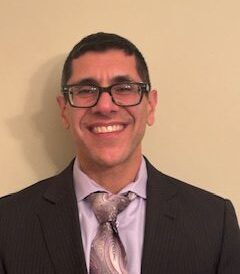
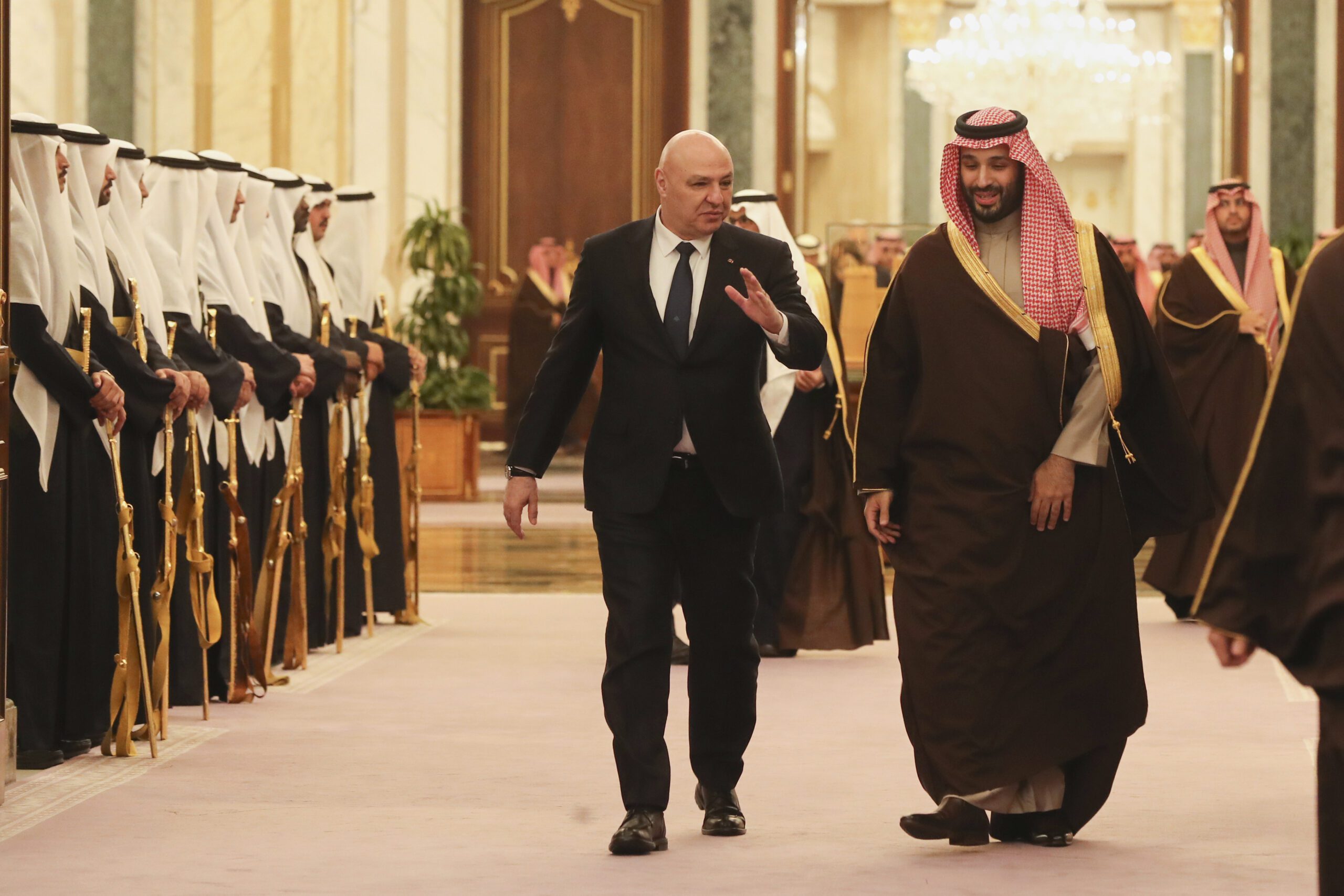
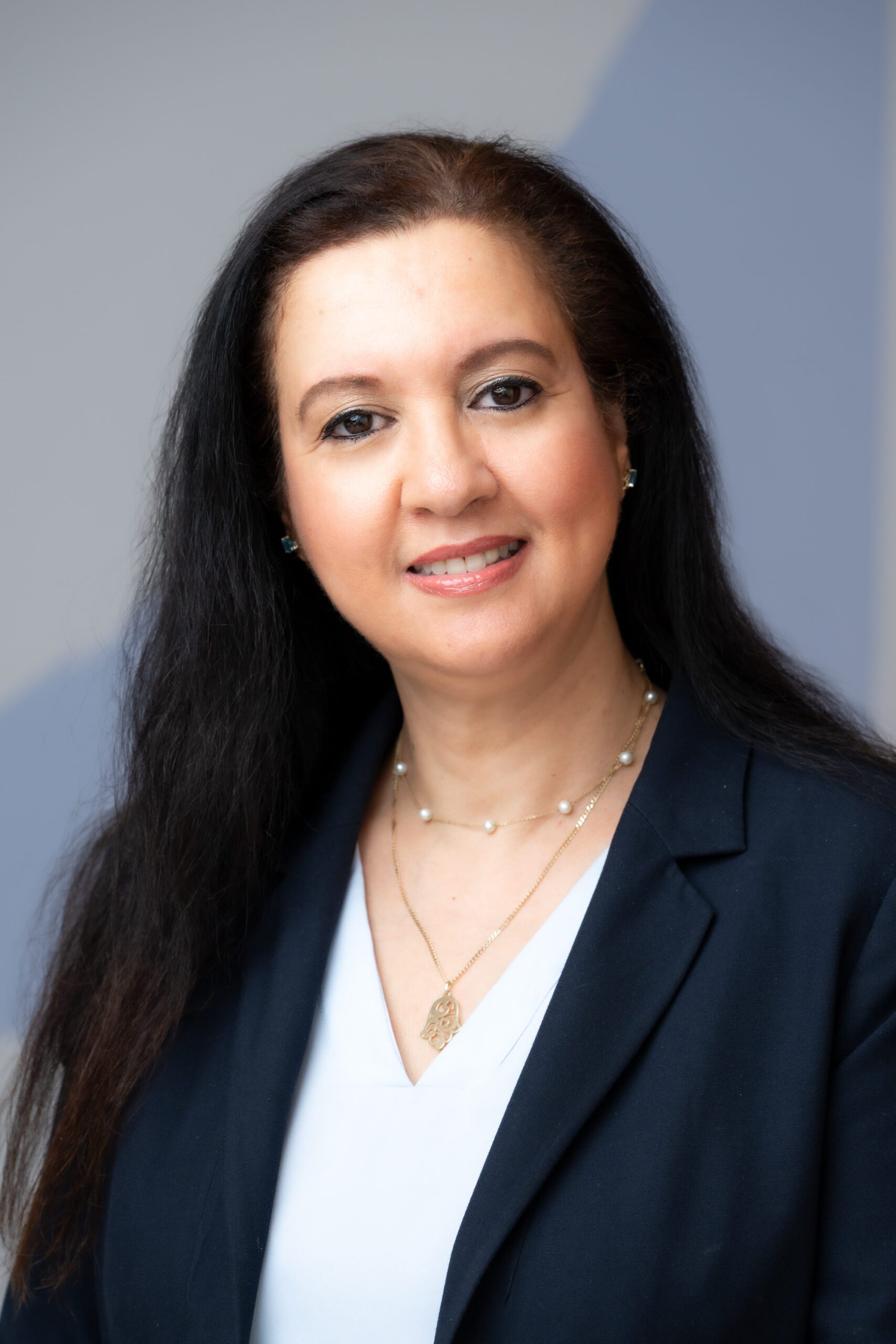


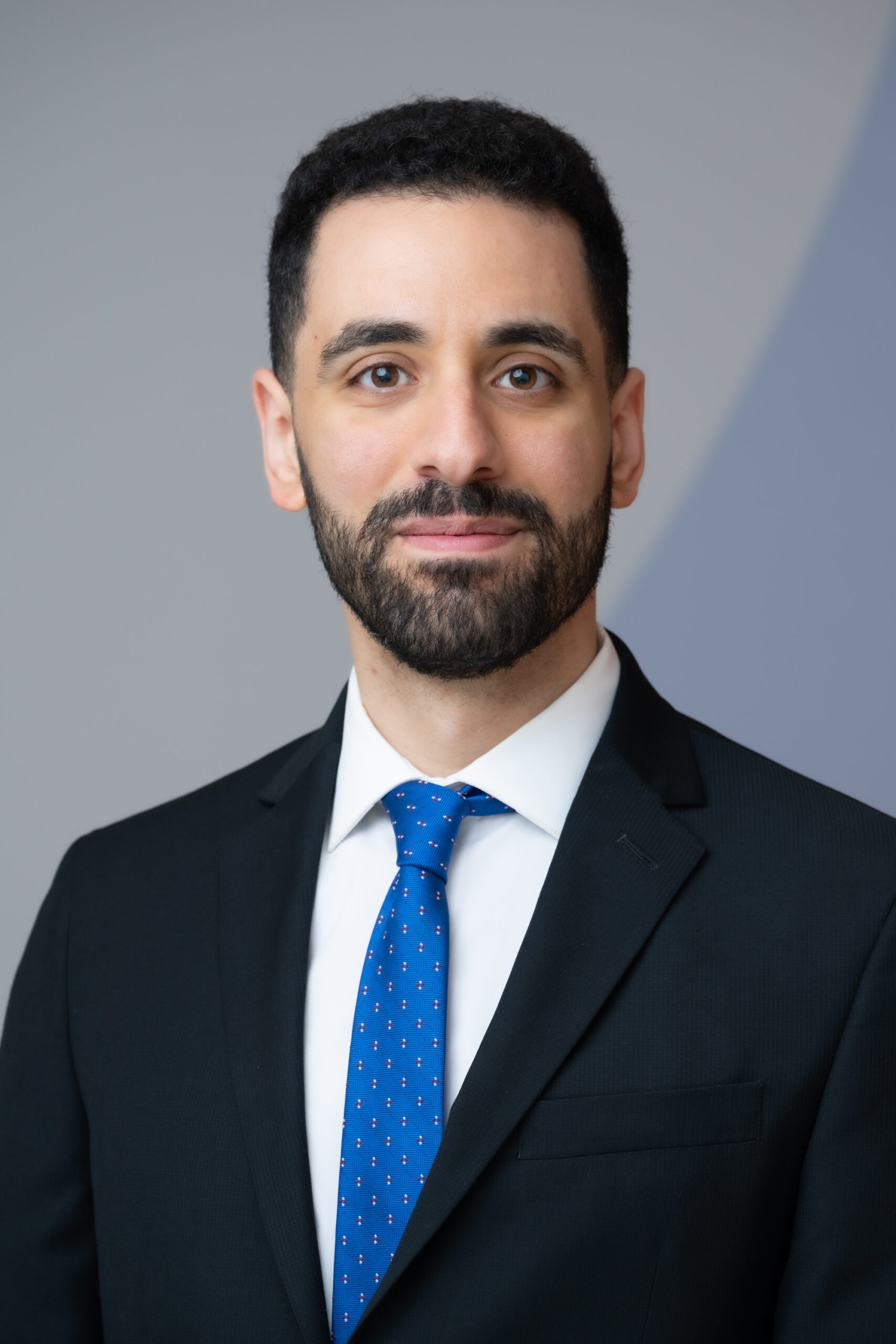
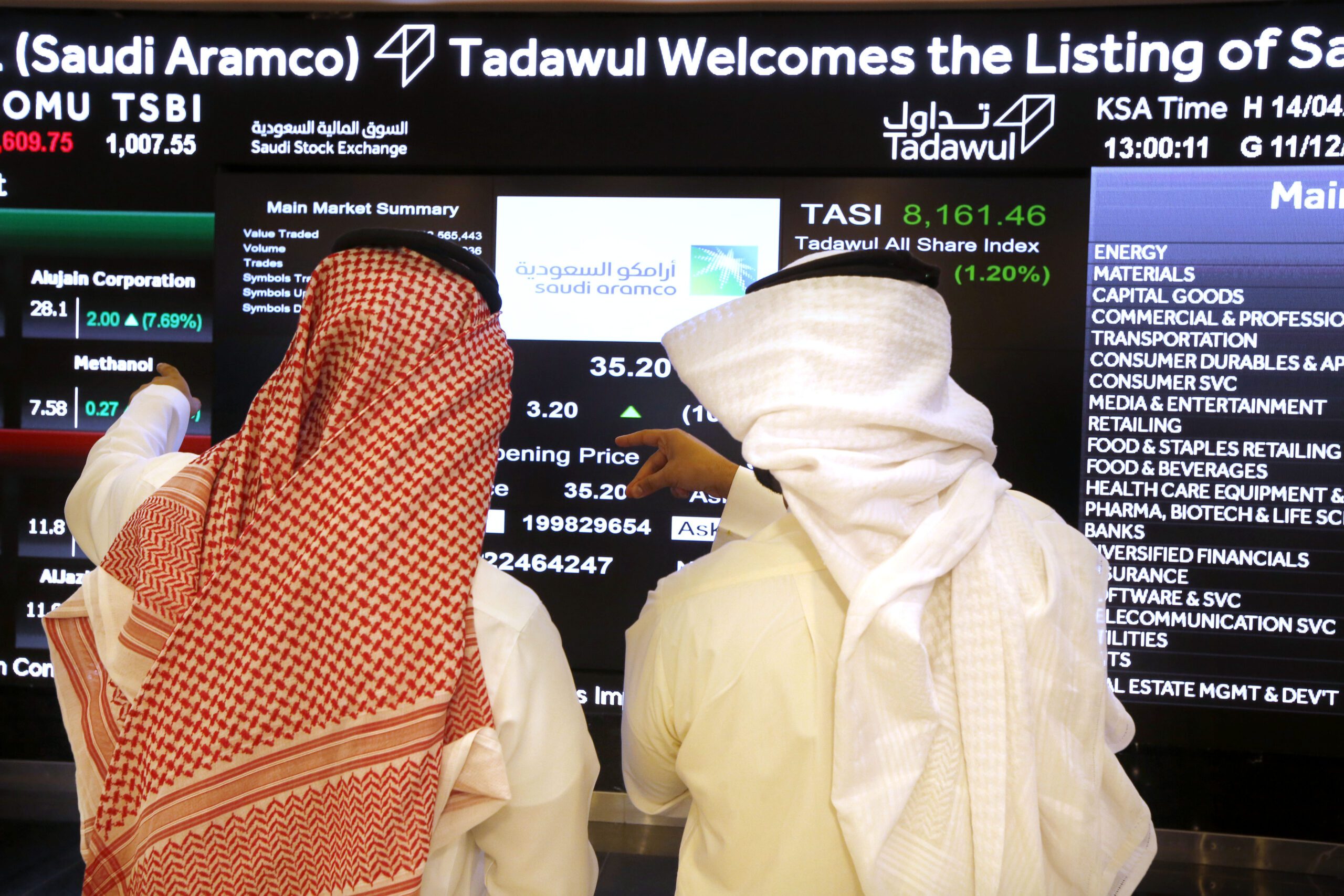
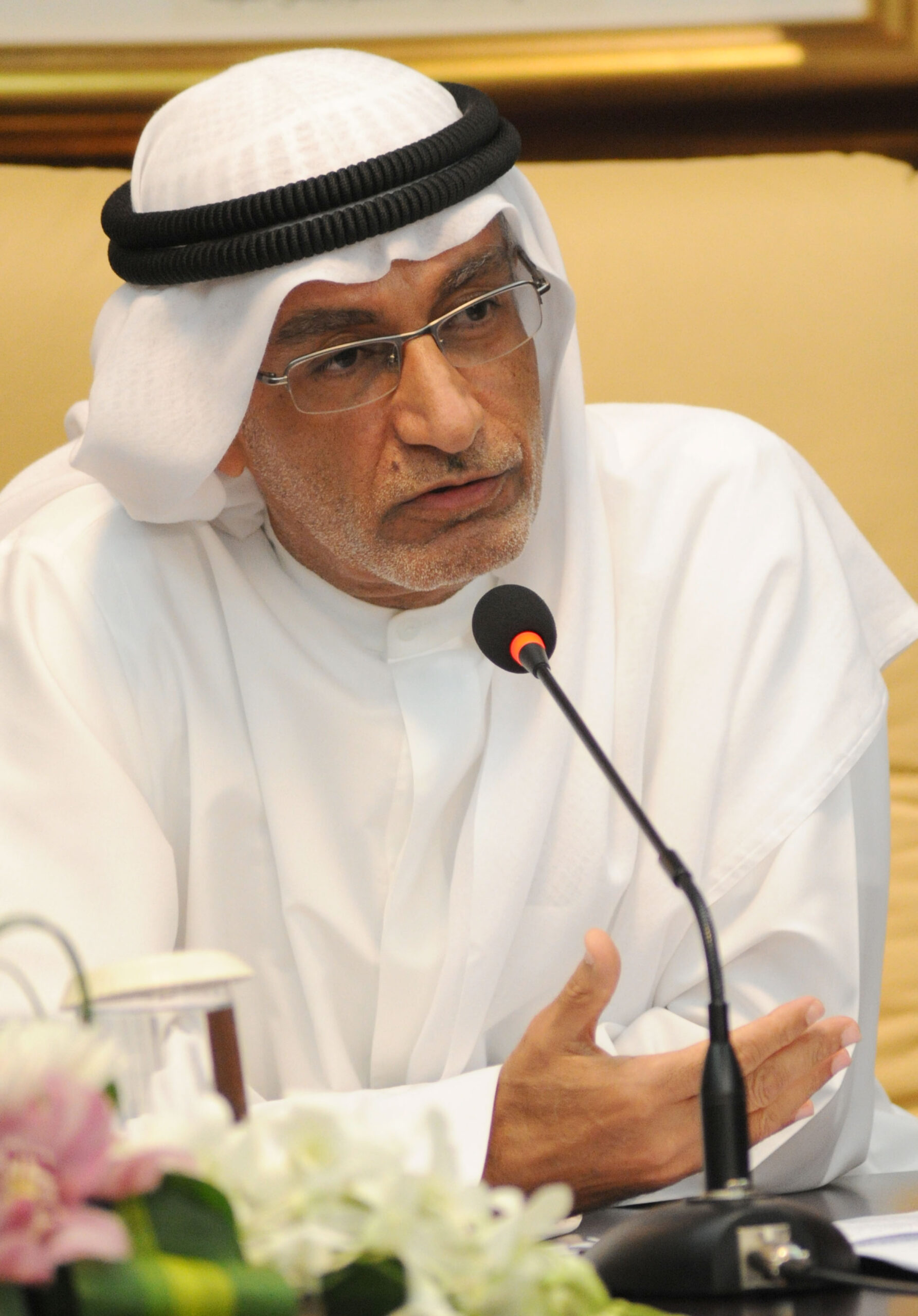
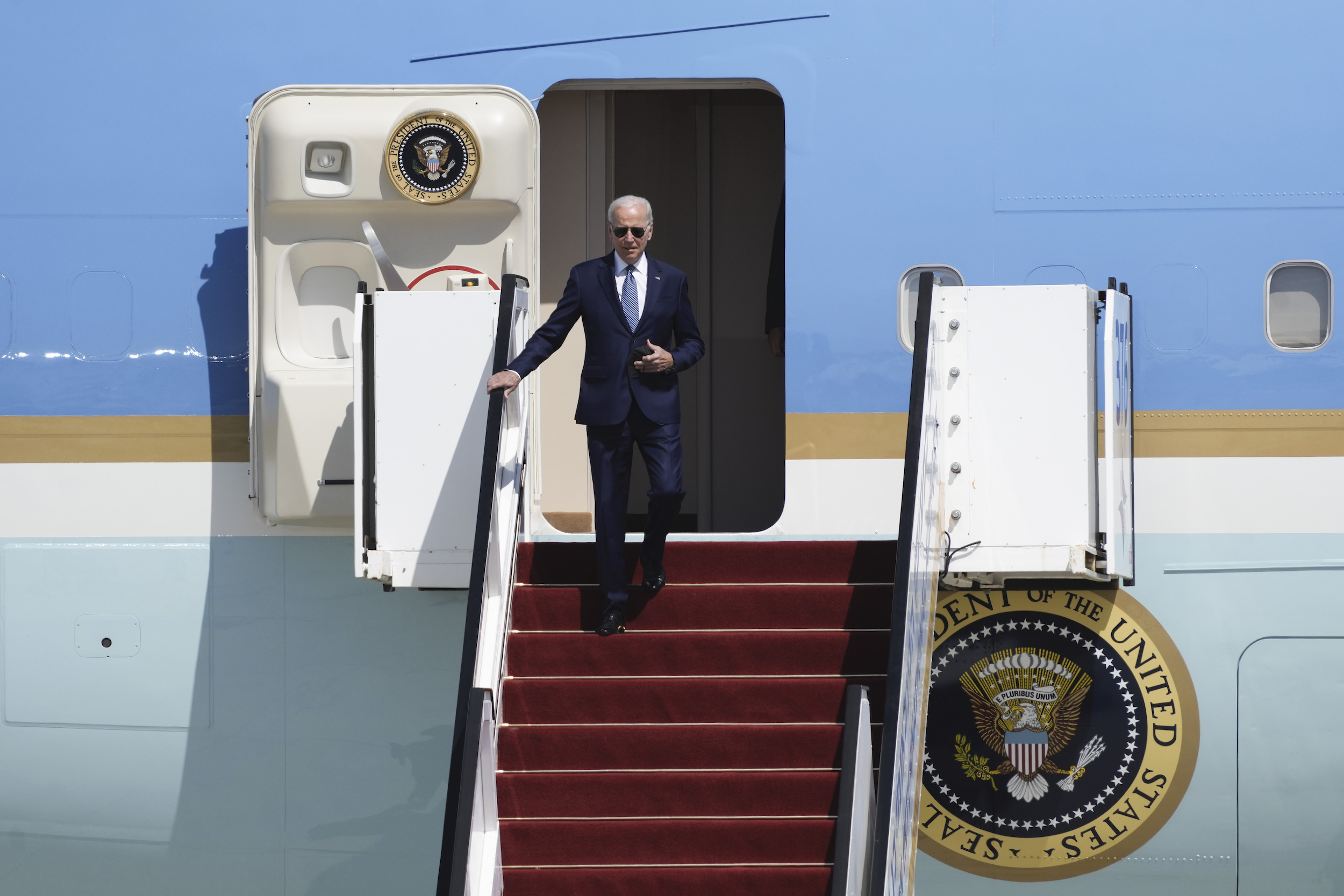


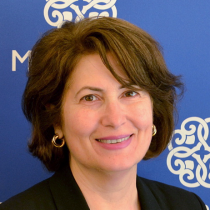
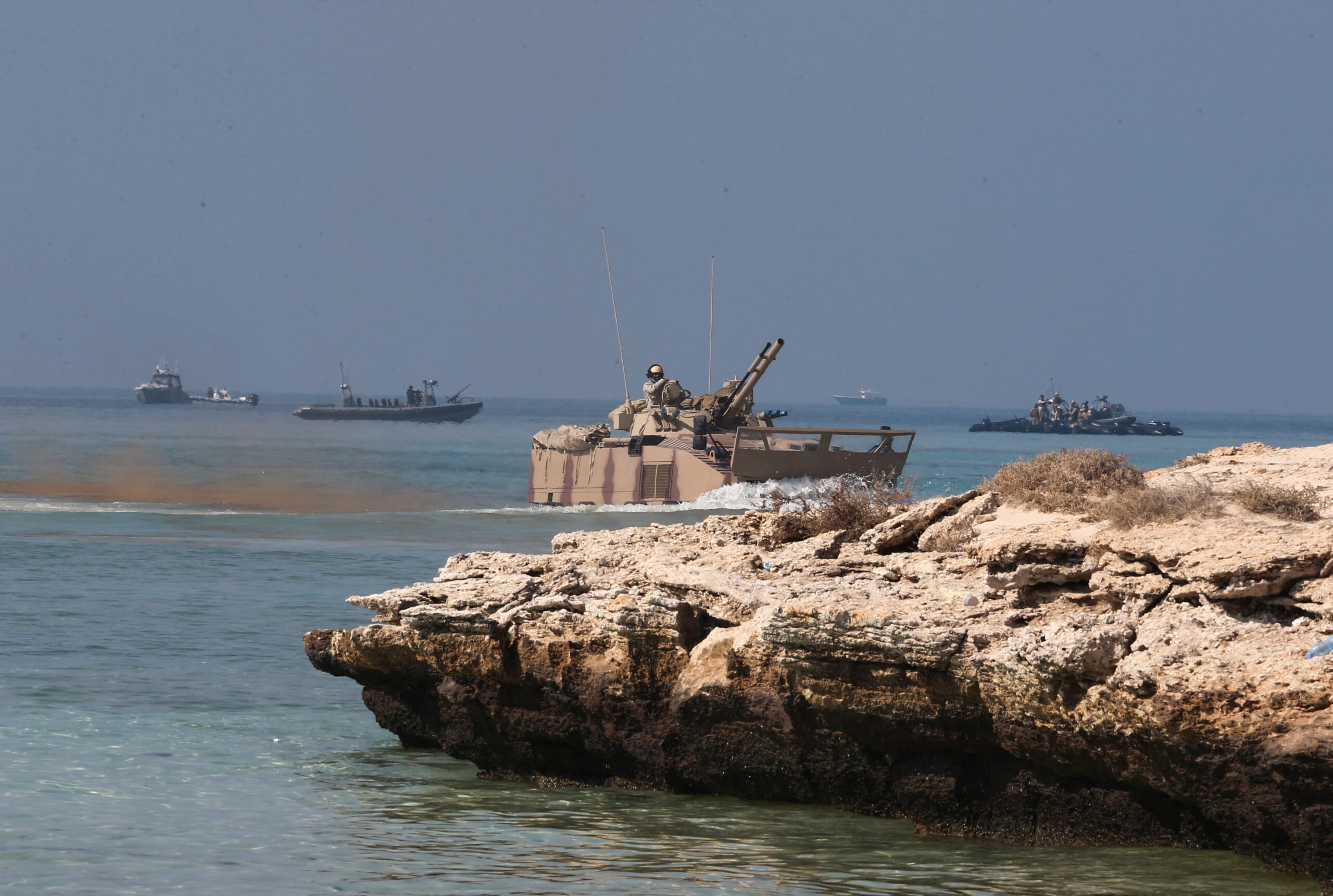
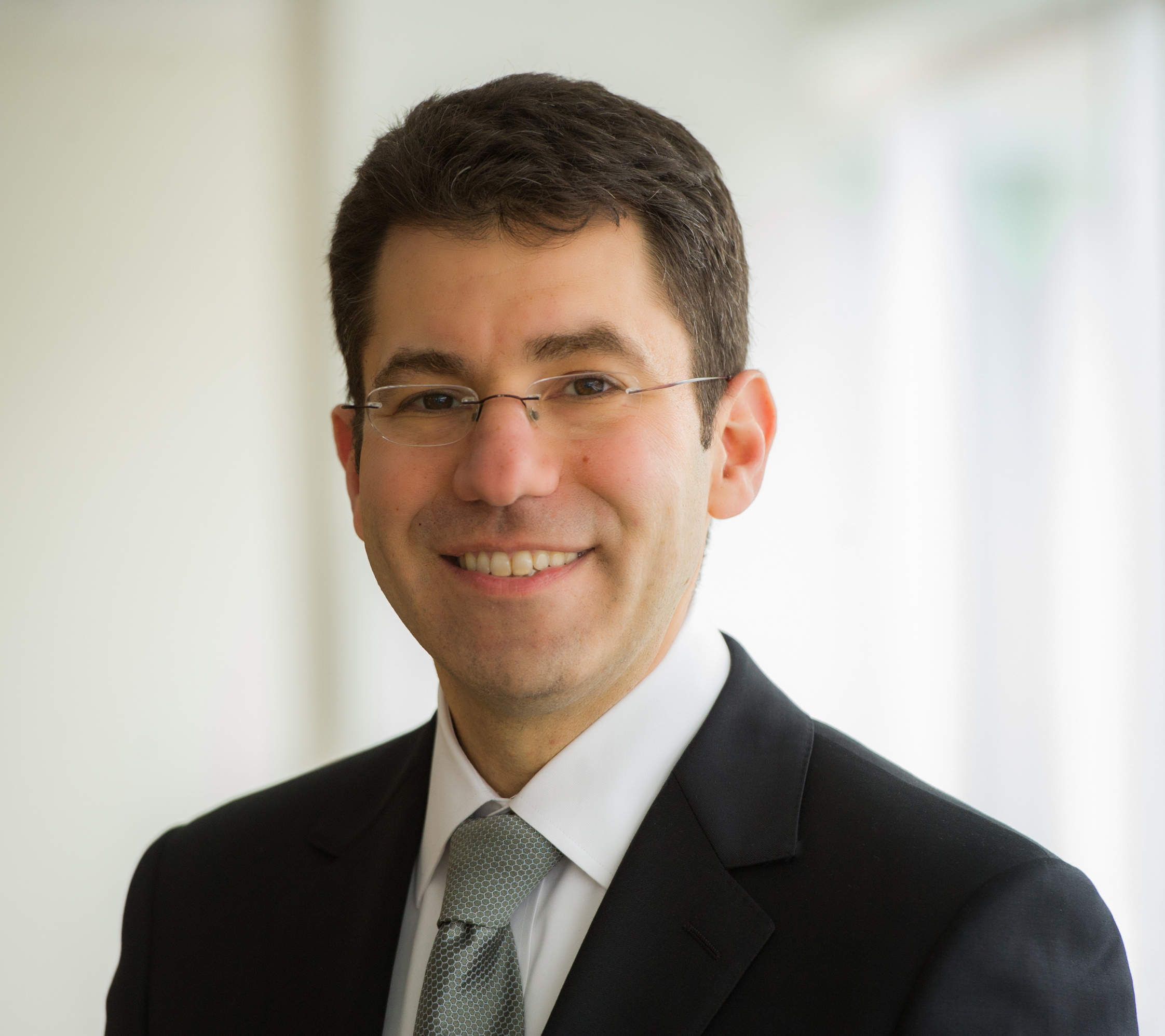

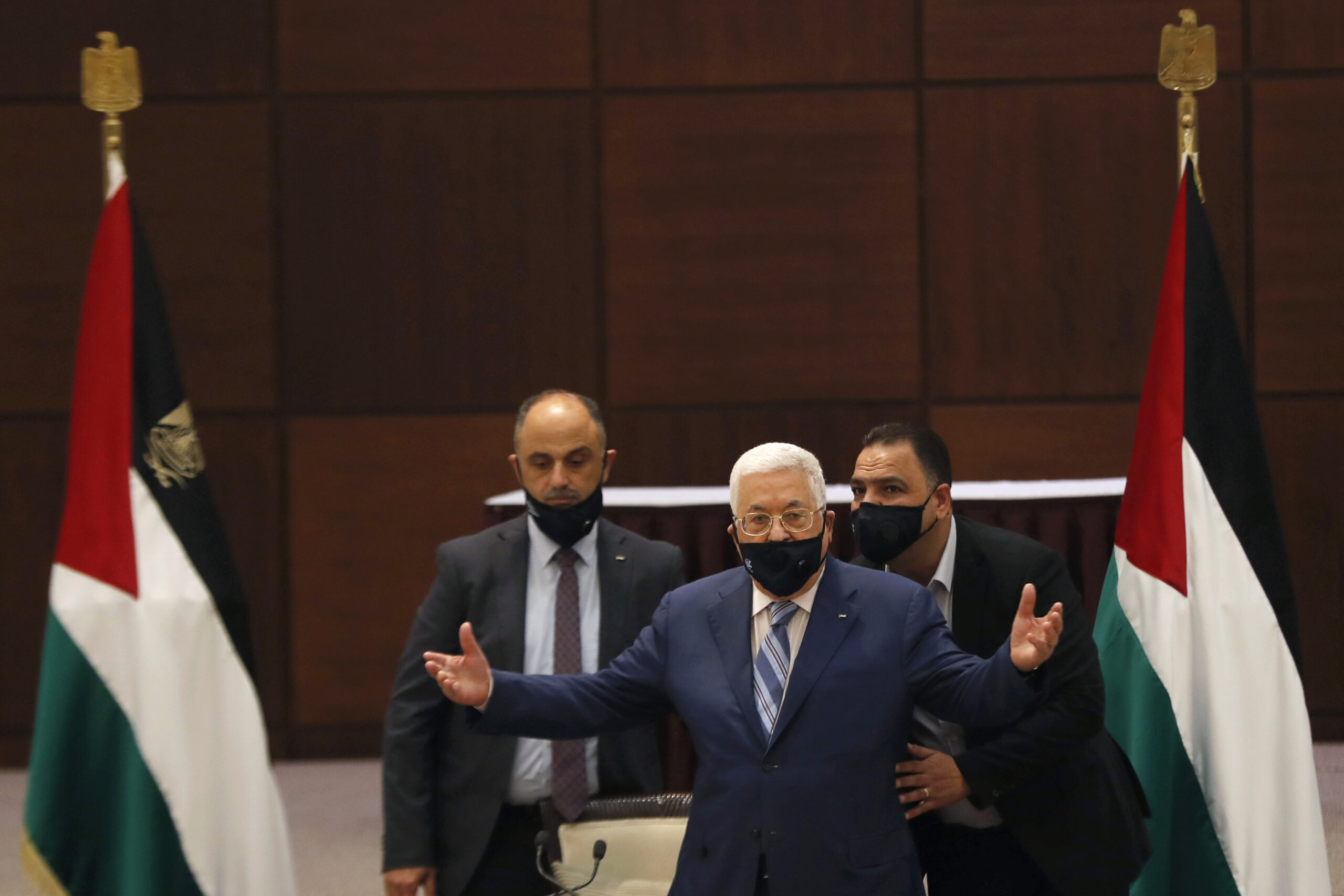
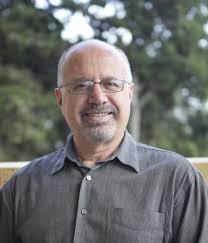
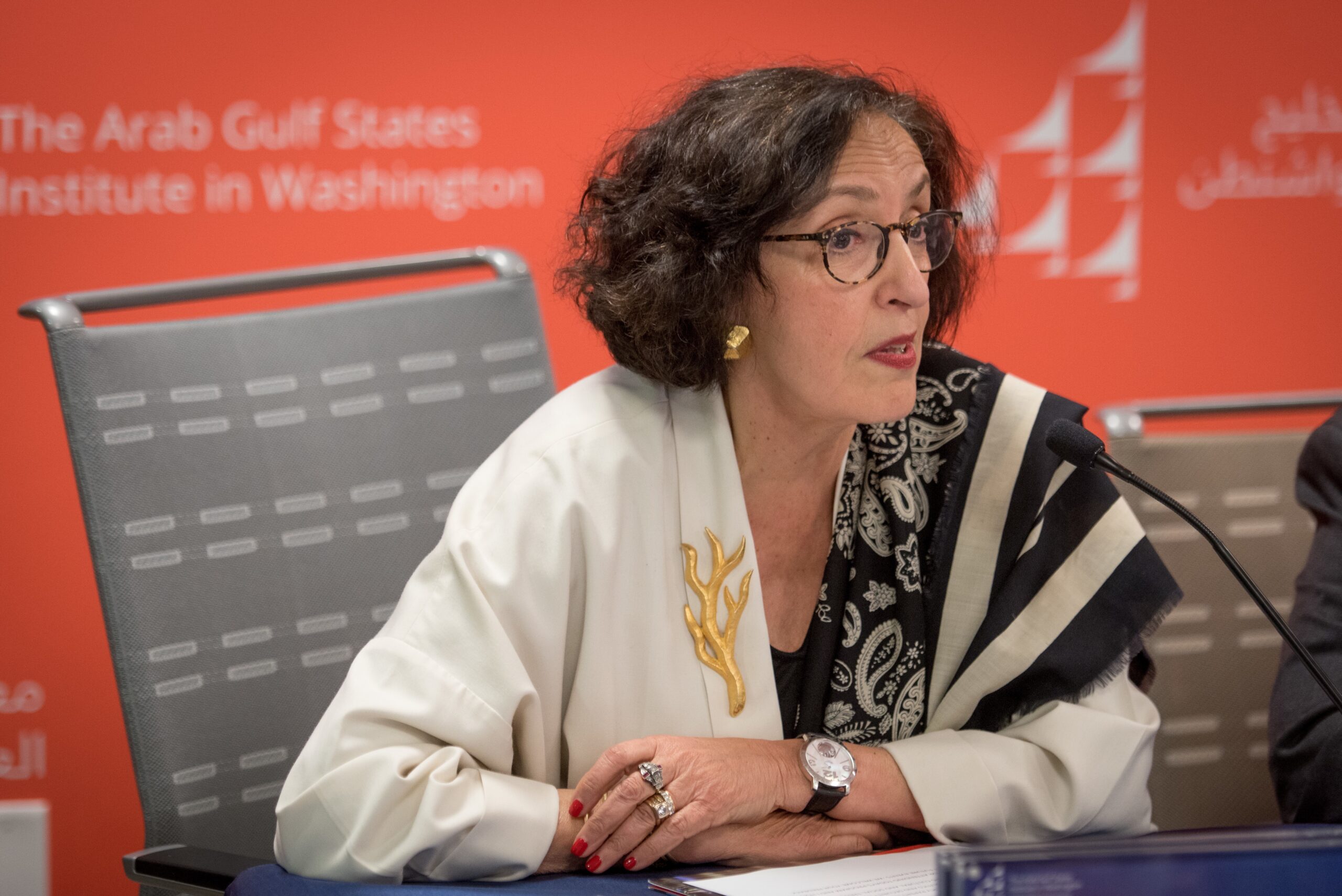
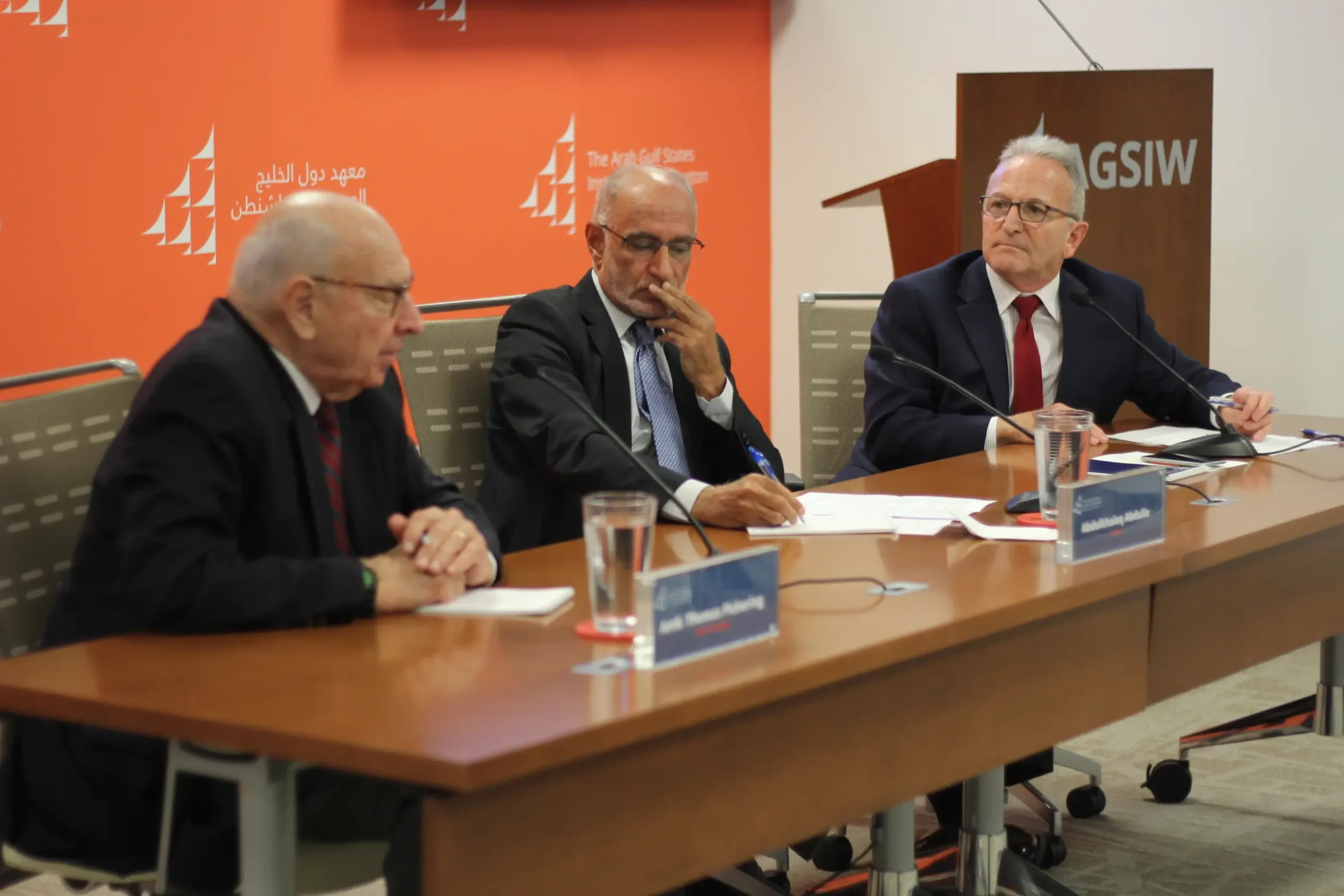
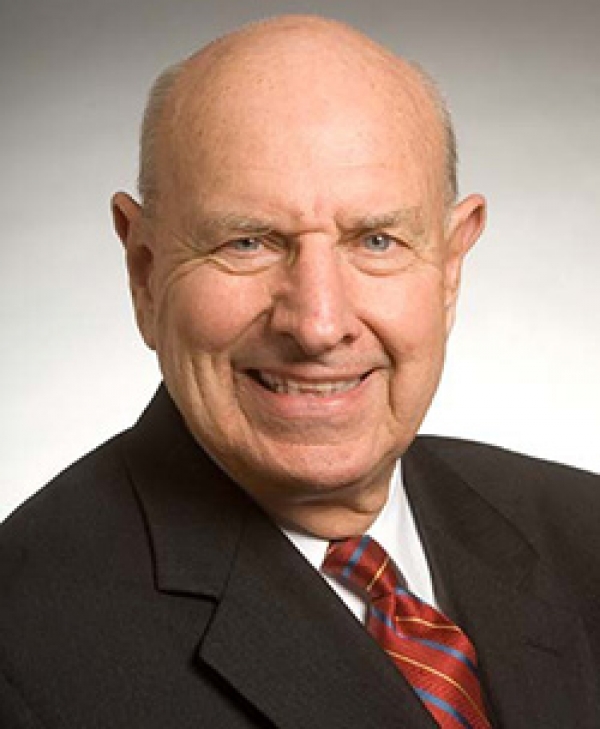
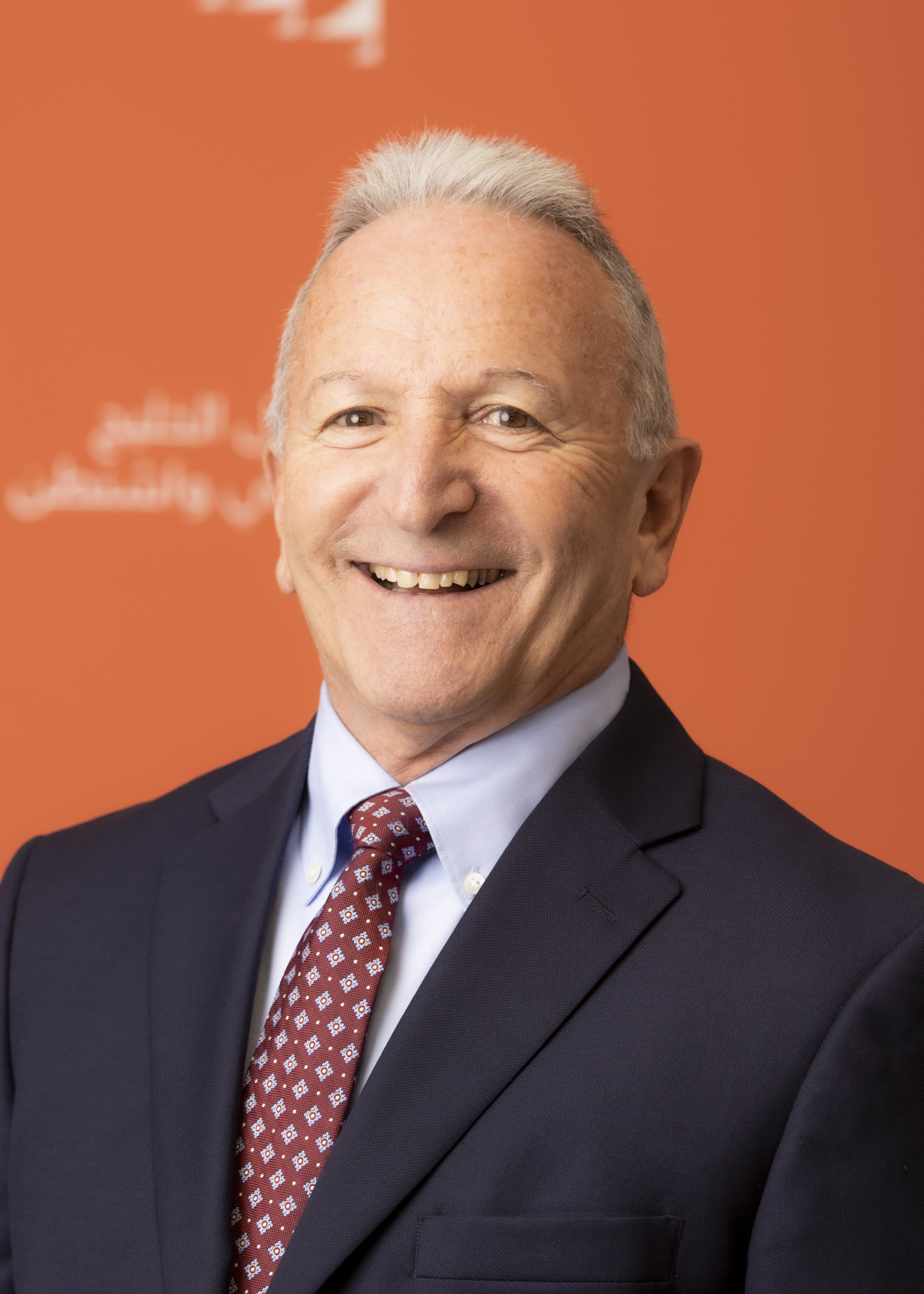
Jul 8, 2016
A View from the Gulf on the U.S. Presidential Election: Anybody But Trump
The highly respected and very familiar Hillary Clinton is the overwhelming favorite U.S. presidential candidate among citizens of the Gulf Arab states.
4 min read